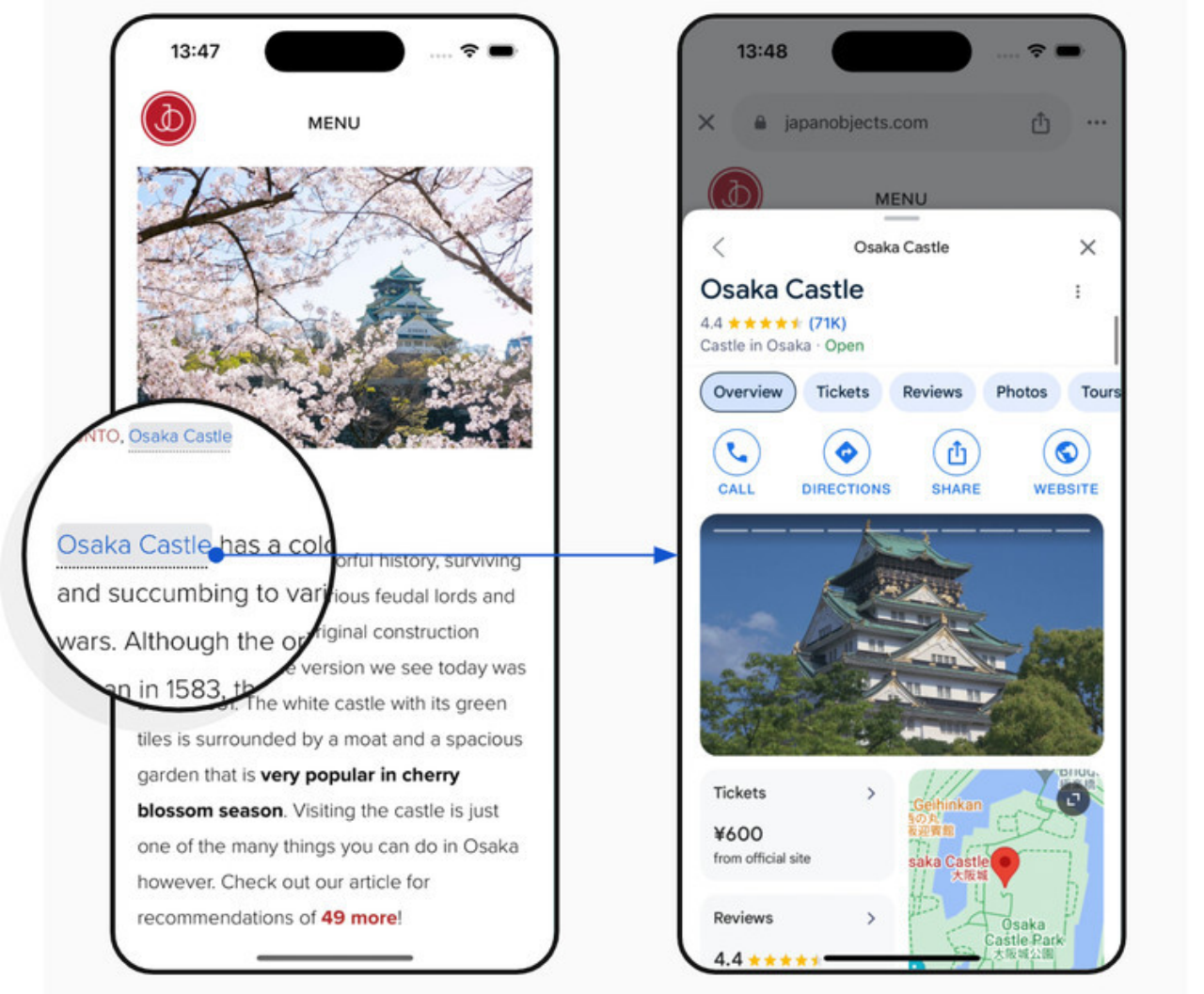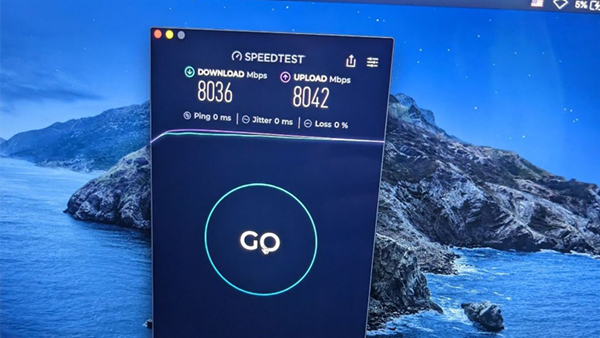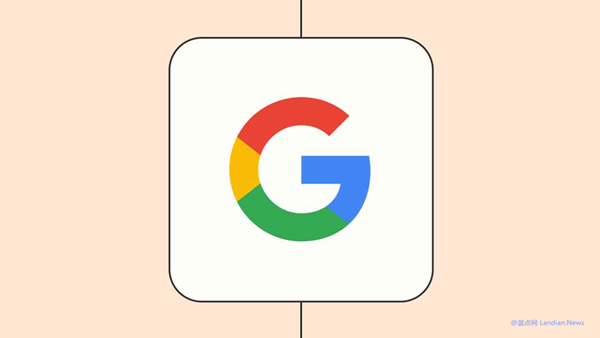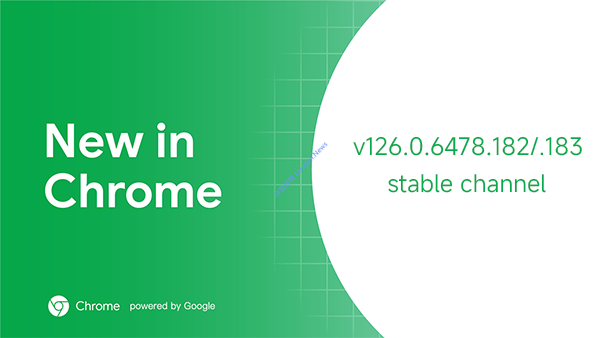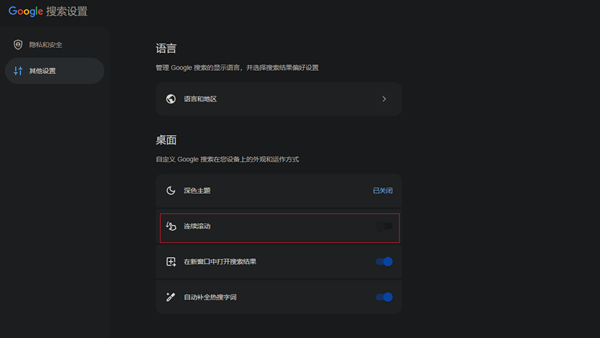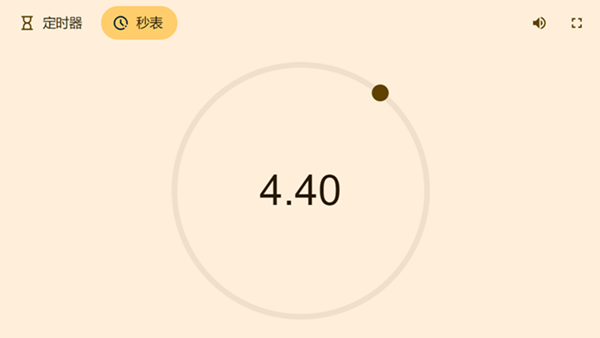Google Tests Page Annotation Feature in Search App, Inserts Hyperlinks Without Website Permission
Google is currently testing a new feature called page annotations in its iOS search app, aimed at transforming how users interact with web pages. However, it's expected that website operators might not be fond of this addition.
This feature automatically adds hyperlinks to certain keywords within the web pages that users are browsing. Clicking on these keywords opens a Google search page within the app, and further clicks may lead users away from the original site to a new page hosted by Google.
In essence, this feature could indeed make it easier for users to conduct searches. For example, in a demo image provided by Google, Osaka Castle on a webpage is linked to Google Maps. A click on the link opens a Google Maps subpage, and further clicks on options like ticket booking might redirect users to a ticketing website.
The advantage of this approach is that it allows users to easily switch between web pages and search results without leaving the Google search app, making the search experience smoother. However, the downside is quite apparent: Google inserts hyperlinks without the consent of website operators, which could be seen as a form of hijacking.
As this feature rolls out, users might spend more time within the Google app and less time on other websites. Google will likely prioritize its search results and services, potentially impacting content websites, ticketing platforms, and navigation sites/apps adversely.
To address concerns, Google does allow website owners to opt out of the page annotations feature, but the opt-out process can take up to 30 days to take effect. Most website operators may not be aware of this feature and thus might not choose to opt out proactively.
The situation might have been different if Google had required websites to opt in rather than out, as most websites are unlikely to join voluntarily, which would mean the page annotation feature wouldn't appear on many sites at all.
Ultimately, this feature could raise antitrust issues, depending on the response from regulatory or industry bodies once Google officially launches the feature and whether any interventions occur.
